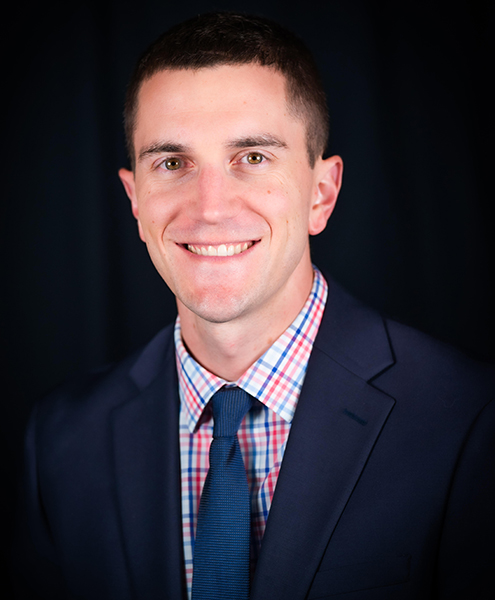Pulmonary Critical Care Medicine Fellowship in the Military: How Does It Differ?
John Hunninghake, MD
May 29, 2020
When I tell people that I am a pulmonary and critical care medicine (PCCM) physician in the US military, I frequently get the now-expected follow-up question, “Wow, how did you choose that?!”
My response: “It chose me.”
Honestly, I never planned to join the military or choose PCCM as a career field, but I am so glad that I did both. Although my grandfather served during World War II and my great uncle currently teaches at the US Air Force Academy, I had no specific nuclear family connections to the military. I commissioned as an officer before medical school, completed medical school at a civilian institution under the Health Professions Scholarship Program, and matched internal medicine residency at a military hospital. During my residency rotations, I was drawn to the critical-thinking nature and procedural mindset of the medical ICU while enjoying the outpatient relationships and clinical skills of pulmonary medicine. Many of my mentors during residency were PCCM physicians who guided me toward PCCM as a career because it matched my interests and abilities. But, while applying for a PCCM fellowship during my third year of residency, I was presented with the question: Should I apply to a military fellowship program or a civilian program?
Yes, that’s correct: I had the option to apply for and complete a PCCM fellowship at a civilian institution before rejoining the military at the end of fellowship to fulfill my active duty obligation. So why did I choose a fellowship at a military treatment facility? Here are some of the big reasons:
- PCCM fellowship in the military health system is a 3-year program accredited by the Accreditation Council for Graduate Medical Education. Every graduate is expected to be board certified through the American Board of Internal Medicine. My program has had 100% board pass rates in both pulmonary medicine and critical care medicine for ≥5 years.
- Similar to civilian fellowships, we complete ≥12 months of critical care training at several nationally known hospitals, including those in military and civilian settings. However, our program also emphasizes surgical and trauma ICU care due to the importance of trauma care in the deployed setting.
- Our patients are mostly a mixture of active duty service women and men, their families, and retirees; however, certain military hospitals also accept civilians as part of specific missions like trauma care.
- We receive extra opportunities for humanitarian missions in austere locations and military-specific training, including Critical Care Air Transport Team training (as demonstrated in this YouTube video).
- Importantly, there is a special “investment” in our education. Our Dean of Graduate Medical Education likes to use this phrase in military graduate medical education: The military hires 100% of its graduates; therefore, it is motivated to train good ones.
And the most obvious difference? I wear my military uniform to the hospital every day. Although this difference is seemingly simple, it reminds me of my daily mission as a military physician to care for current and past warfighters and their families. I feel pride in this honor to give back for their service to our country.
Interested in learning more about a military medical career? Check out more here!
Reference
True MW, Bell DG, Faux BM, et al. The value of military graduate medical education. Military Medicine. Feb 24, 2020 doi: /10.1093/milmed/usaa030
About the Author
 John Hunninghake, MD, is an active duty service member of the US Air Force who completed a PCCM fellowship in June 2019 from Brooke Army Medical Center in San Antonio, TX. Previously, he was a chief fellow. He is very interested in clinical education as the incoming Chief of Simulation at his institution. He is currently involved in the CHEST Trainee and Transitions Committee as a member of the Trainee Work Group.
John Hunninghake, MD, is an active duty service member of the US Air Force who completed a PCCM fellowship in June 2019 from Brooke Army Medical Center in San Antonio, TX. Previously, he was a chief fellow. He is very interested in clinical education as the incoming Chief of Simulation at his institution. He is currently involved in the CHEST Trainee and Transitions Committee as a member of the Trainee Work Group.